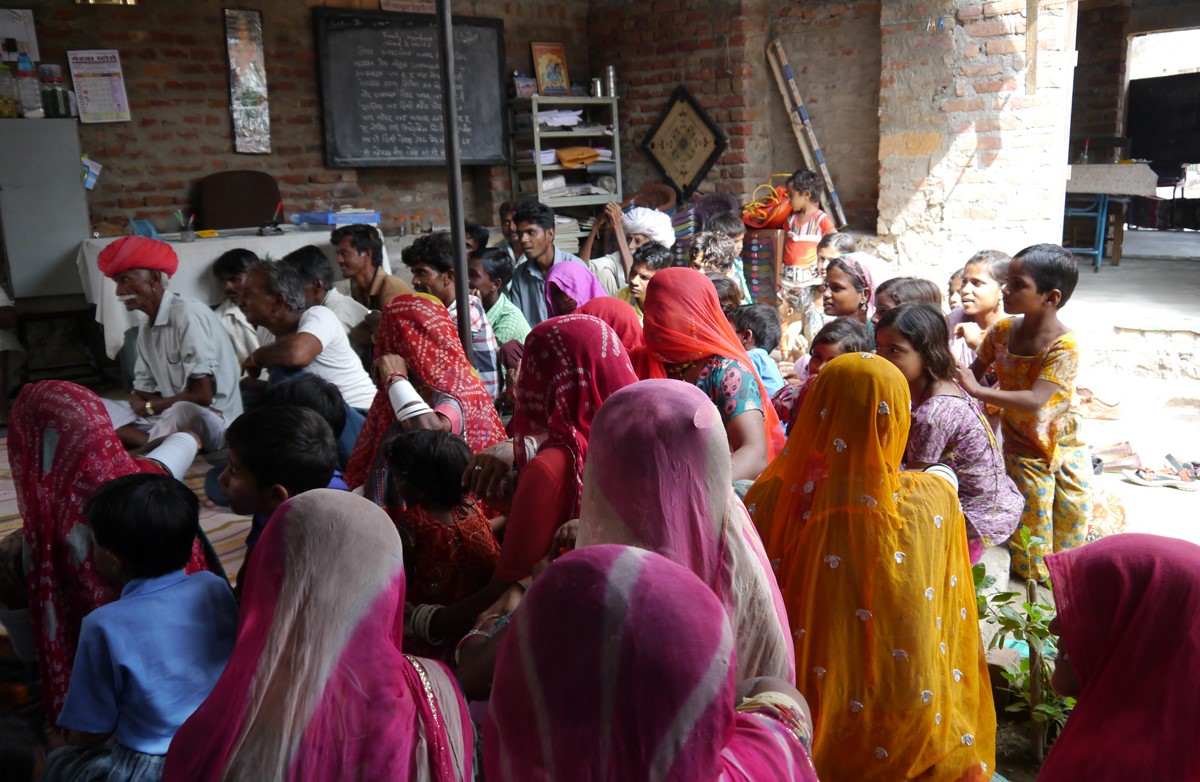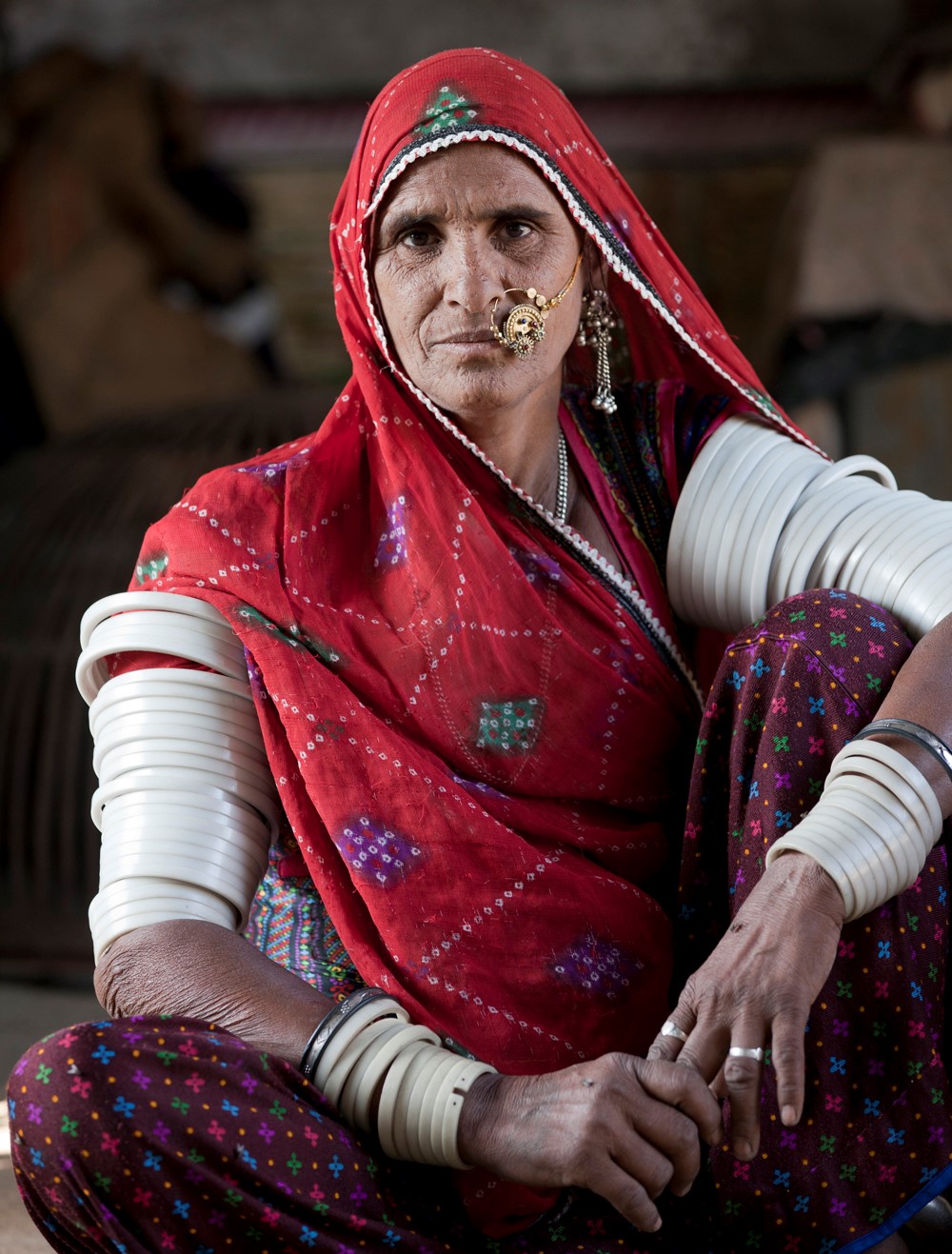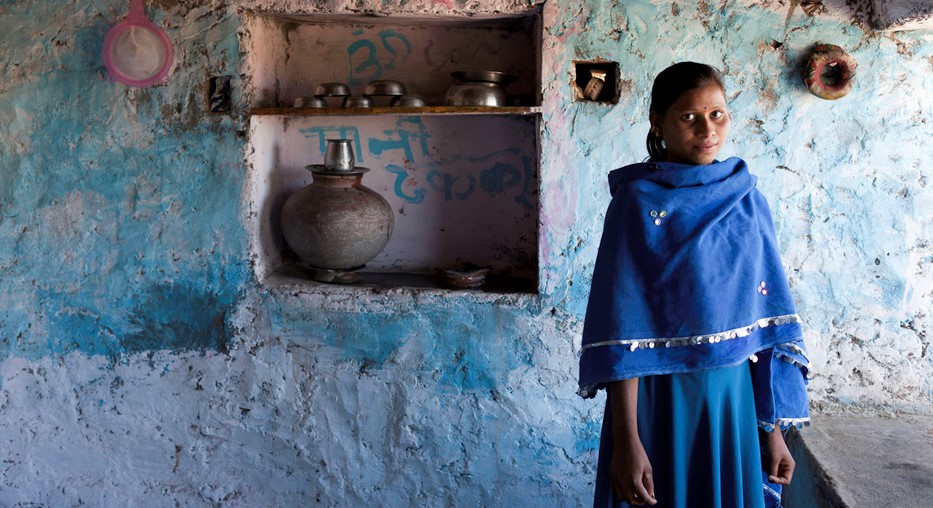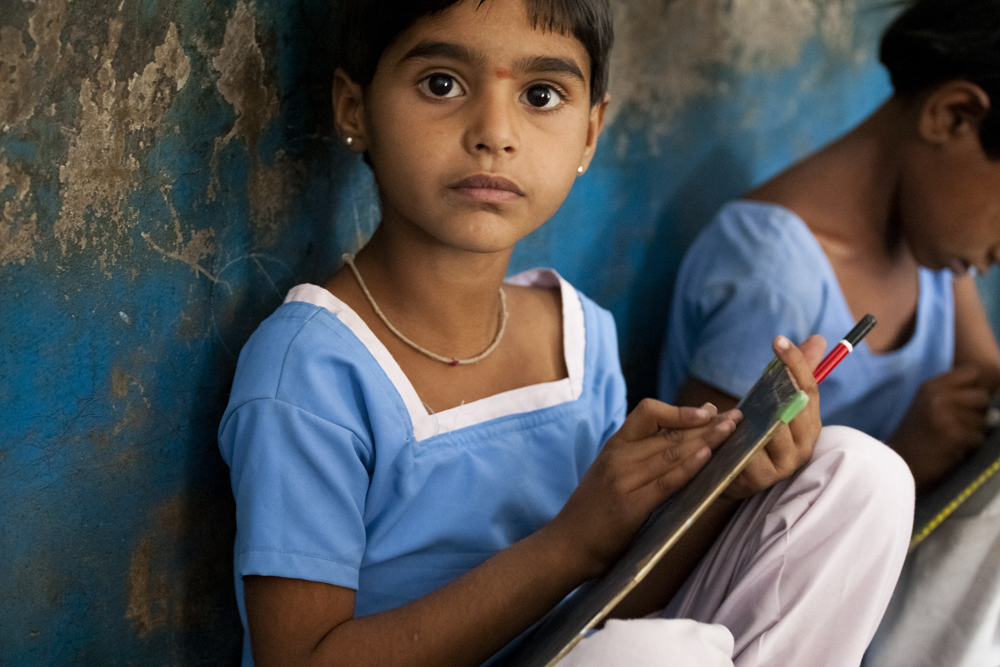Why Is Education So Important?

One summer I worked on the other side of the world with Educate Girls. They work enrolling out-of-school girls in some of the most educationally backward districts in rural India. It goes without saying that the situation is vastly different from the UK. I arrived filled with questions about the reality, culture, issues and solution. I wish to discuss exactly why I feel education is so important, especially for the women in these districts who are denied access to it and why we should be doing something about it.

Today, in most developed countries, we discuss at great length and appreciate, both, the similarities and differences of the sexes. Education is available for all and though we still have to fight for equal salaries and financial recognition in the workplace it is widely accepted that in all but physical strength (and this is not without exception) women and men are equal in capabilities.
In India, a country whose economy has been largely dependent on physical labor, this idea of pricing the worth of an individual has profoundly permeated into everyday life. Take Mumbai, a metro city, where the head office for Educate Girls is based. It has a large, urban, educated, middle and upper class population. Education in these circles is valued very highly, after all it directly impacts income. Not only is it a means to further a career and earning capacity it is a status symbol.

For many the education of their daughters is important but it is the equivalent of buying her beautiful jewelry. With it she becomes a more enticing prospect for a better marriage and a higher position in society. Regardless these educated women successfully study and have great careers but it is often within the inescapable context of a marriage.
On a field visit to Pali, I went to several villages and met many men, women and children. I was surprised that in a district that, partly thanks to Educate Girls, is no longer a ‘gender gap’ district, the women were so removed from the conversation about education and progress. In meetings I saw the elder women always sitting segregated, silent, wearing ghoonghats (traditional Rajasthani veils that cover the entire face) and deferential to the men.
In Rajasthan, when a girl is born the family will lament their misfortune. Growing up the girl may go to school if her parents deem it unobtrusive to her domestic chores or work towards family income. She will be denied benefits her brothers or male relatives would have and eat the scraps after they have finished. When she reaches the age of 12, or for some as early as 10, her parents will start organizing a marriage. It is illegal before the age of 18 but here where age and education directly correlate to earning capacity and social standing, the older the girl, the older the boy, the more he earns, the higher the dowry. For poor families, the sooner the daughter is married off, the sooner they are rid of their financial burden.
Many siblings, regardless of age, may be married in group ceremonies that happen within a community on auspicious days to save on cost. Regardless of what age, almost all girls in these areas will eventually marry. Once married their primary purpose is to cook, clean, produce and take care of children. They are completely dependent on their husbands and are essentially slaves.

On my plane journey to India I was seated next to an elderly Indian lady who, as we approached Mumbai, smiled and handed me her passport, boarding pass and landing card for me to fill out for her. She was illiterate and totally reliant on the benevolence of those around her. She could not read any instructions, warning signs or the directions to work the inflight entertainment, let alone a book. Her nephew, who she was accompanied by and spoke very little English, even signed her signature on the form for her. She lacked the education to educate herself.
Teaching someone to read means they can read a bus timetable, medicine packet, or a religious scripture allowing them to interpret it themselves rather than accept mass, verbally delivered, dogma. Teaching someone basic maths allows them to understand when they are being taken advantage of in a transaction. Teaching basic hygiene and nutrition enables them to prevent illness for themselves and others.

Statistics show it pays to invest in education. In a world where we have so much work to do, why continue to allow half of the population in areas like rural Rajasthan to be immobilized? Why only invest in half a population? Education enables people to enact change. Progression and transformation will be exponentially more efficient if we are all able to contribute.
But most importantly, on a personal level, education facilitates independence and vastly improves quality of life. It is a human right for good reason. Through witnessing a lack of it I have come to understand that to deny it is to cause grievous damage and effectively incarcerate an individual. It is our responsibility to ensure everyone is afforded choice, something sometimes taken for granted as we zip to work, meetings or dinner with friends grumbling about public transport. Isn’t it lucky you can read the tube map?
By Francesca Tennant
Ex-Fellow at Educate Girls
Educate Girls
Posted on March 11, 2017
Interested in contributing towards
educating girls?
Quick Links
Resources & More
Keep helping. Stay Updated.
Child Protection Policy | Privacy Policy | Terms of Use | Employee Login | IT Assets
Educate Girls is a project of Foundation To Educate Girls Globally (FEGG) | FEGG is registered in India under Section 8 of the Indian Companies Act, 2013.
© 2018 All rights reserved. Educate Girls.

